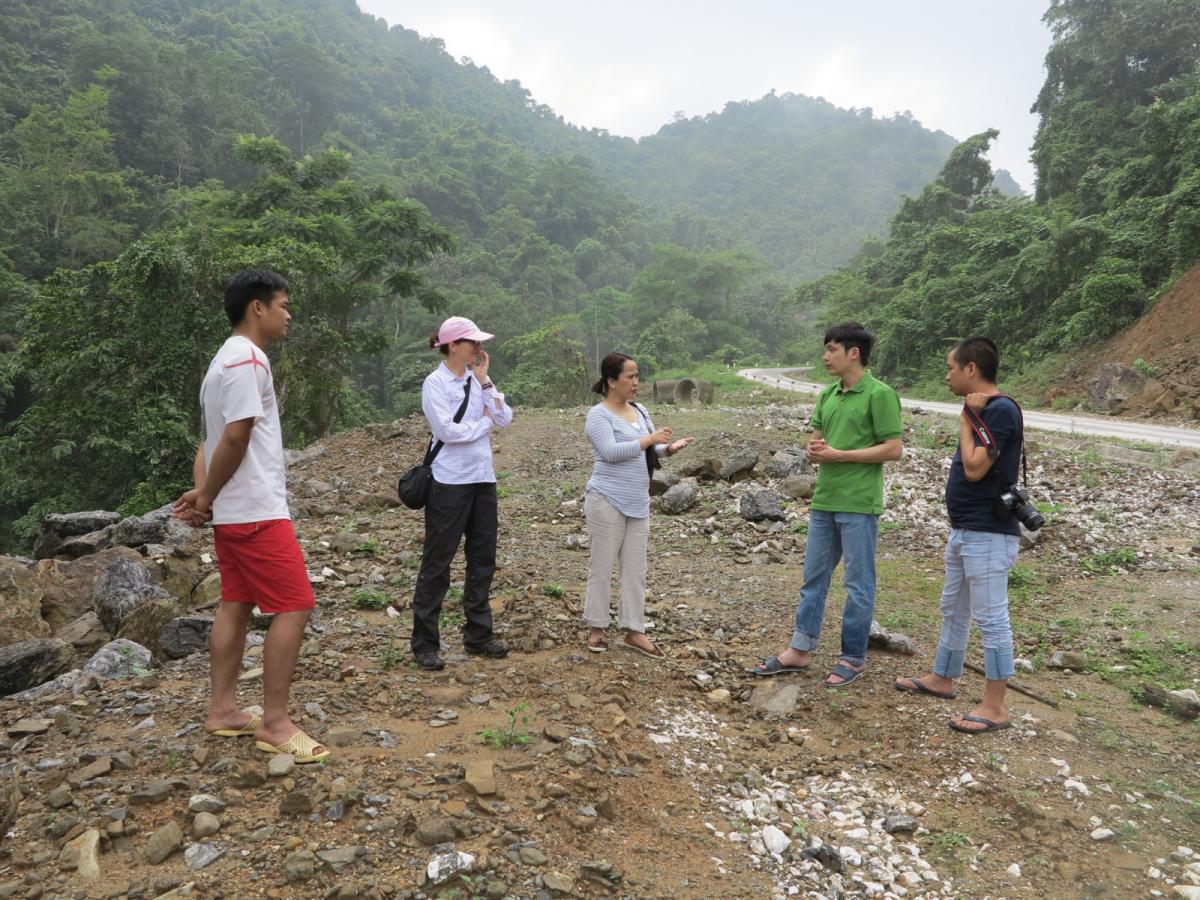Bringing Stakeholder Values into Climate Risk Management Programs: Decision Aiding for REDD in Vietnam
Erb Faculty Director, Joe Arvai published in Society & Natural Resources (An International Journal)

Originally posted on Erb Institute Library
The United Nations (UN) Reducing Emissions from Deforestation and Forest Degradation (REDD) program offers incentives for developing countries to reduce CO2 emissions and to invest in low-carbon paths to sustainable development. In designing and deploying REDD programs, the UN is asking that participating nations go beyond focusing just on technical issues associated with carbon management and also include a range of social considerations; for example, program managers are being asked to undertake stakeholder-based processes aimed at incorporating community concerns in program design, implementation, and management.
Recent research by Joe Árvai at the Erb Institute focuses the application of structured decision making to the design of REDD programs in Vietnam. Árvai and his team worked on developing decision-support frameworks that would place the values, objectives, and concerns of local stakeholders, policy makers, NGOs, and the private sector squarely in front of managers so that they may lend maximum insight to decisions that require trade-offs across environmental management options.

